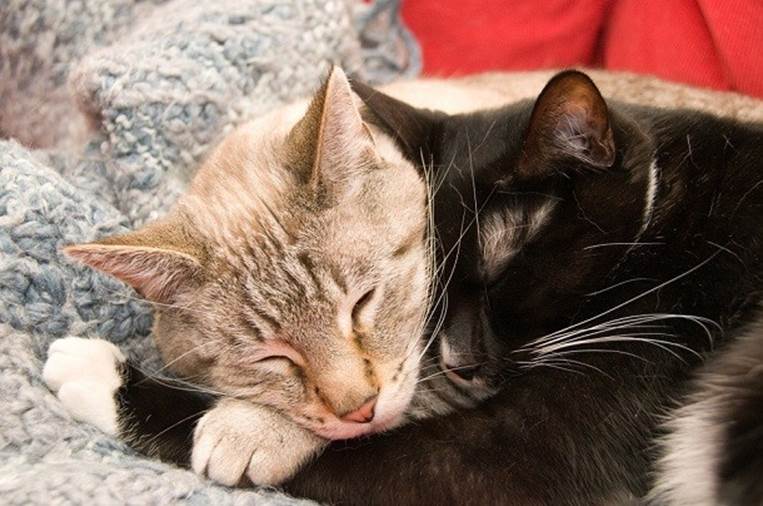SCIENTIFIC FACTS ABOUT CHEATING & WHY PEOPLE CHEAT
Added on: 3rd Dec 2016
DIFFERENCES IN THE "HAPPY HORMONE" AFFECT
OUR LIKELIHOOD TO CHEAT

The neurotransmitter dopamine floods into our system after
we do pleasurable activities such as eating food or having sex.
Two different types of dopamine exist and our bodies
genetically produce one or the other. Scientists have found that
people with the long version cheat on their partners at a much
higher rate – 50% vs 22% – than those with the short version.
People with the long version are also more likely to take risks
and face problems with addiction.
MOST MAMMALS ARE POLYGAMOUS

Only 3% of mammals are monogamous – and humans are
included in that group, most of the time. What’s strange is
that most other species of primates, our genetic relatives,
don’t stay with the same partner for life as we do.
SOCIAL MEDIA HAS LED TO MORE CHEATING

The rise of social media has paralleled a rise in infidelity. Why?
With sites like Facebook and Instagram, people can re-connect
with old lovers, increasing the amount of affairs and breakups.
LARGER TESTICLES = MORE CHEATING?

Species in which males have large testicles are more likely to have
promiscuous females. While promiscuity doesn’t necessarily
involve cheating (especially since most of these species are
non-monogamous), it’s interesting to see the correlation.
Scientists believe the males developed larger testicles to store
more sperm and be able to mate more frequently with the
females to increase their chances of passing on their
biological material.
HOW MONOGAMY DEVELOPED

Recent studies have concluded that monogamy evolved in
primates due to infanticide where foreign males would kill
their rivals’ infants and take over their females. Nowadays,
since we’ve progressed as a species and infanticide is rather
rare, we may be more likely to stray from our pairs.
LEVELS OF THE CUDDLE HORMONE AFFECT CHEATING

Though the hormone vasopressin is primarily responsible
for keeping water in the body and constricting our blood
vessels, this “cuddle hormone” helps us form pair bonds.
People with lower levels of vasopressin are more likely to
be cheaters and feel less trust in a relationship.
MOST MARRIED PEOPLE WILL CHEAT

About 50% of married women and 60% of married men will have
an affair while married – these numbers are double what
they were a decade ago.
THE DEEPER (OR HIGHER) YOUR VOICE, THE MORE
LIKELY YOUR PARTNER THINKS YOU'RE CHEATING

The deeper a man’s voice, the more likely a women is to
assume he’ll cheat on her. Similarly, men assume women with
higher-pitched voices are more likely to cheat on them.
This is because pitch is related to our amount of testosterone
and oestrogen. Despite these pre-set instincts, women
generally find men with deeper voices to be more attractive,
at least for short-term relationships.
CHEATING DOESN'T MEAN YOU'RE UNHAPPY
IN THE RELATIONSHIP

Though it sounds contrary to common sense, cheaters often
report being happy in their current relationship. Around 56%
of men and 34% of women who cheated reported being
“happy” or “very happy” in their relationship.

Comment on this